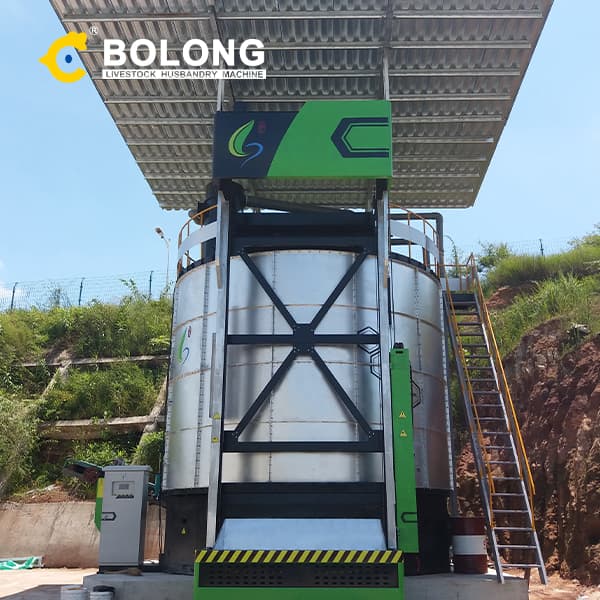
Dec 1, 2022 · Awsthi et al. (2020a) found that the addition of 12% wheat straw biochar during the aerobic composting of cattle manure was most effective in reducing greenhouse gas emissions such as CO 2 and NH 3, and maintaining the highest bacterial populations.
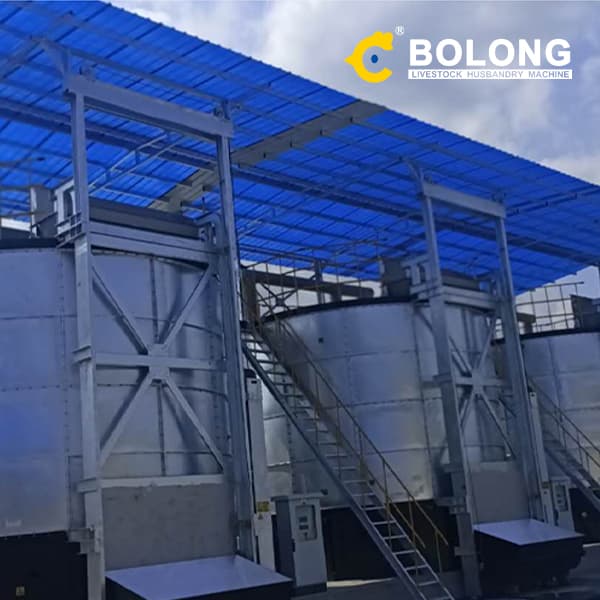
of the animals nearby, composting the associ-ated manure is not recommended.) Composting processes that take place at ambient temperatures between 50 degrees F and 90 degrees F are known as mesophilic composting. 4. Controlled. Wherever manure is stockpiled, some degree of aerobic and/or anaerobic digestion occurs.
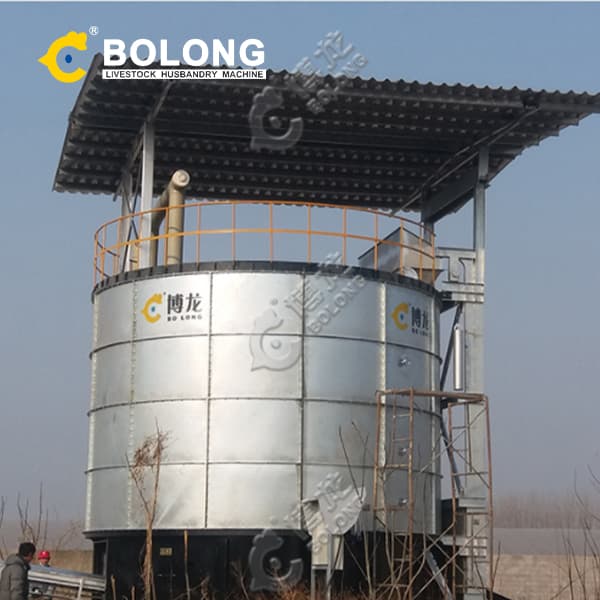
Managing manure is a reality for animal agriculture. Manure can be stored with minimum effort in a passive system or a managed composting system. Composting manure changes the quality of manure, but composting may involve more management and costs than a passive storage system.
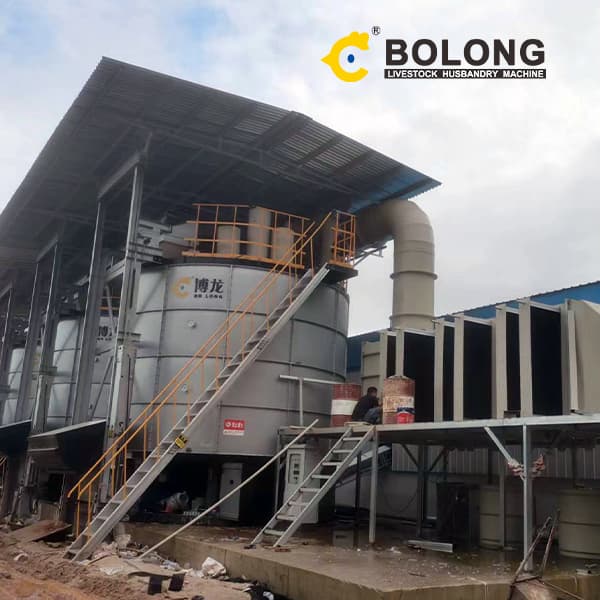
Jan 6, 2024 · In this method, microorganisms that thrive in oxygen-free environments work to decompose materials such as kitchen scraps, plant residue, and animal manure. While aerobic composting requires active aeration, anaerobic composting occurs in a sealed environment where oxygen is limited or absent. This creates different by-products
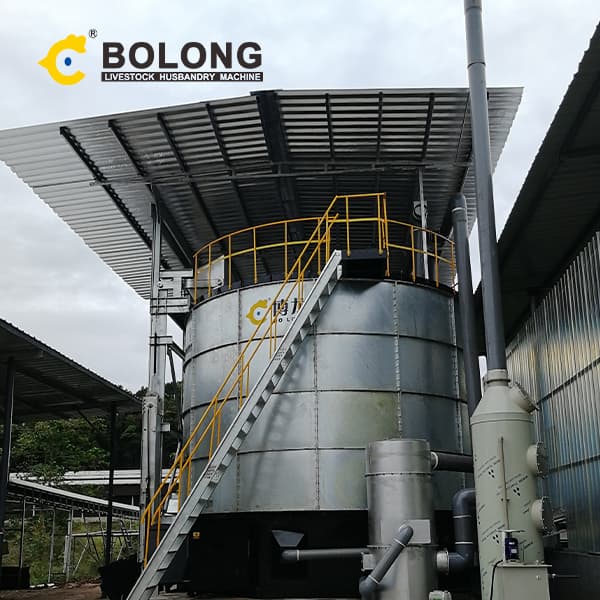
Apr 29, 2023 · In the light of the above, various manure recycling and treatment systems, including activated sludge systems, lagoons, compaction, composting and other , are required for the recycling and treatment of animal manure before its use in the soil (Malomo et al. 2018).
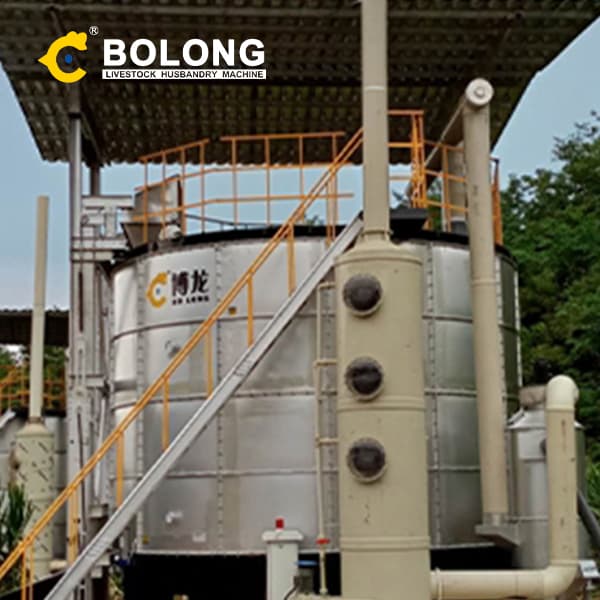
Dec 12, 2023 · On-farm composting takes place in the agricultural sector and may use a combination of crop residues, manure, straw, and other feedstocks generated on the farm to create compost. Farms may also choose to take in materials from residents or businesses in the surrounding community to increase their compost production or generate revenue in
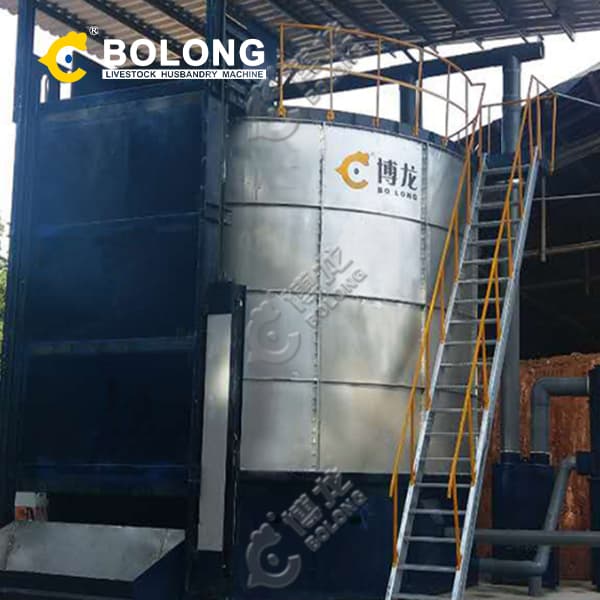
Jul 1, 2021 · A HomeBiogas biodigester converts food scraps, animal manure and/or human waste into biogas sufficient for up to two hours of household cooking per day. The smallest version costs $749 and can
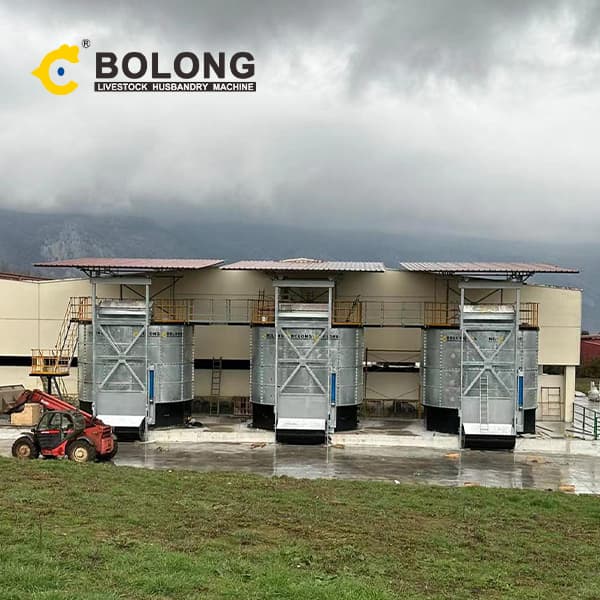
Jan 6, 2024 · Aerobic composting is an environmentally friendly method to recycle organic matter. Utilizing microorganisms that thrive in the presence of oxygen, we can transform kitchen scraps, yard trimmings, and other organic wastes into nutrient-rich compost.
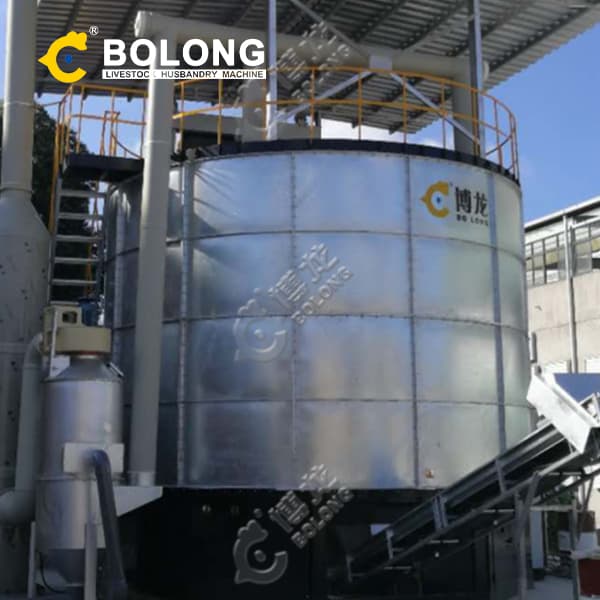
Apr 1, 2024 · Temperature is an important factor affecting the harmlessness of animal manure in aerobic composting. The temperature profiles throughout the composting phase were recorded every day ( Fig. 1 B). The first 3 days were the compost heating period, and the temperature reached 50 °C by Day 3; this temperature was maintained in the thermophilic
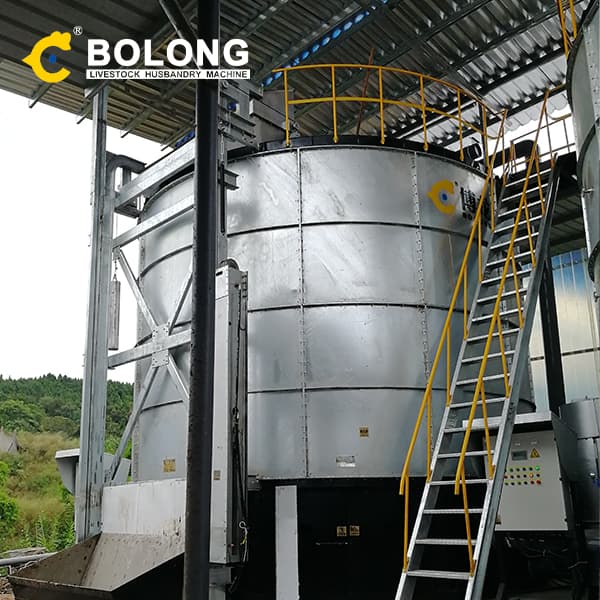
Oct 1, 2023 · Animal manure is known to harbor antibiotic resistance genes (ARGs). Aerobic composting is a prevalent cost-effective and sustainable method to treat animal waste. However, the effect of initially elevated temperature on antibiotic resistome during the composting process is unclear. In this study co

Nov 3, 2022 · Using an Aerated Static Pile system, you’ll be able to break down your excess manure into usable, fertile compost for use around your property. It might sound complicated–and the science behind it is nothing to throw a stick at–but with a few pointers, you’ll catch on to the fundamentals quickly and get your own Aerated Static Pile
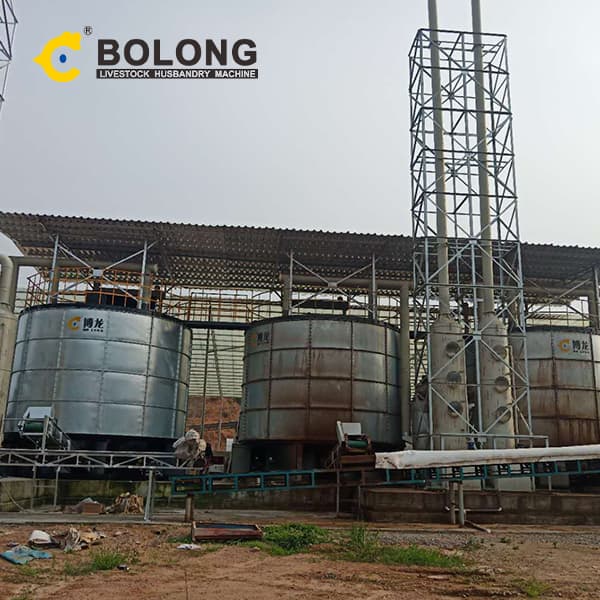
Jul 30, 2024 · In general, liquid manure management systems lead to anaerobic conditions and increased methane production, and switching to practices that manage manure in drier, aerobic conditions reduces methane emissions.
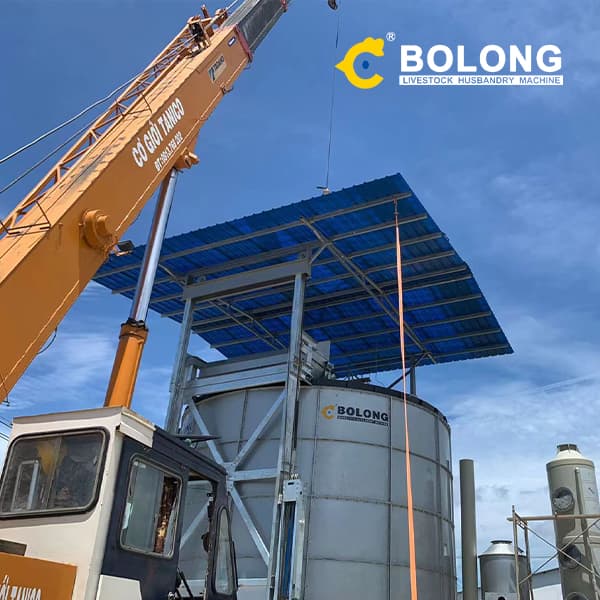
To remain competitive, dairies need manure management systems that are Economically viable, Environmentally responsible, and Produce value-added products. Each US dairy cow generates 25,000 lbs/yr of manure. The innovative technology developed in this initiative will reduce capital and operating costs of manure composting systems.
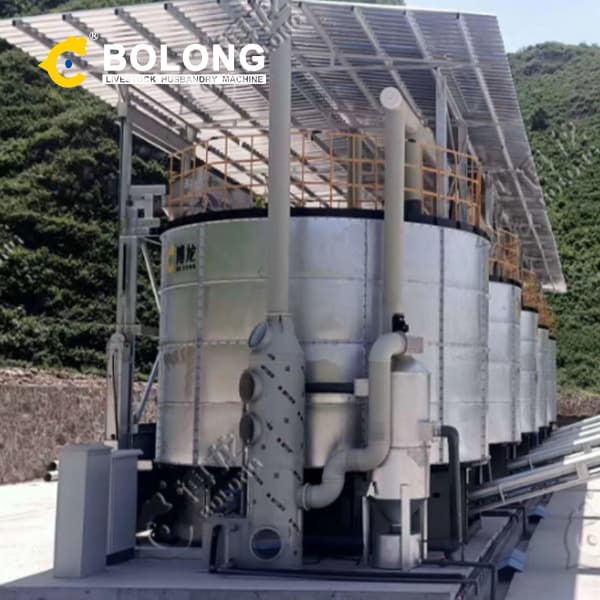
Oct 7, 2022 · Aerobic composting. Aerobic composting is the most effective method of decomposition, resulting in mature compost in a short period (USEPA 2021).It is the biological breakdown and stabilization of organic materials under the circumstances conducive to thermophilic microbe multiplication and activity, resulting in a stable, pathogen-free product suitable for agriculture and forestry (Mehta and
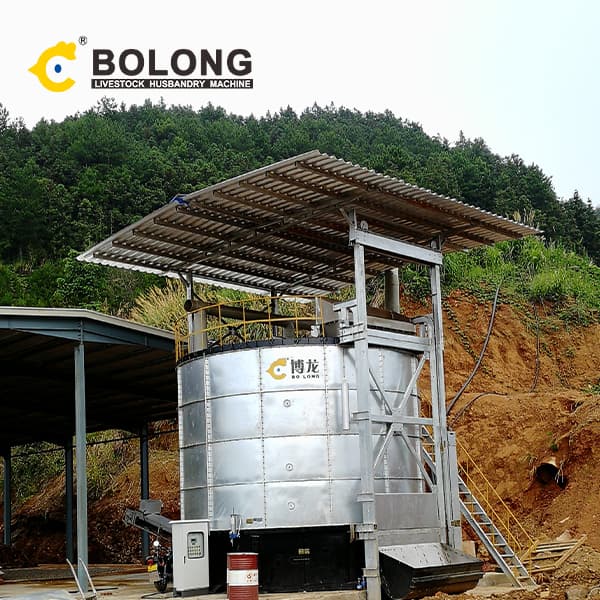
May 11, 2024 · Heavy metals in compost can cause harm to human and animal health, as well as plants, due to their biological fluidity and environmental closure [].However, the activity of heavy metals is often affected by various factors, such as redox potential, organic matter, silica content, calcium and magnesium oxidation conjugates, etc., which can affect the release of heavy metal toxicity [20, 21].